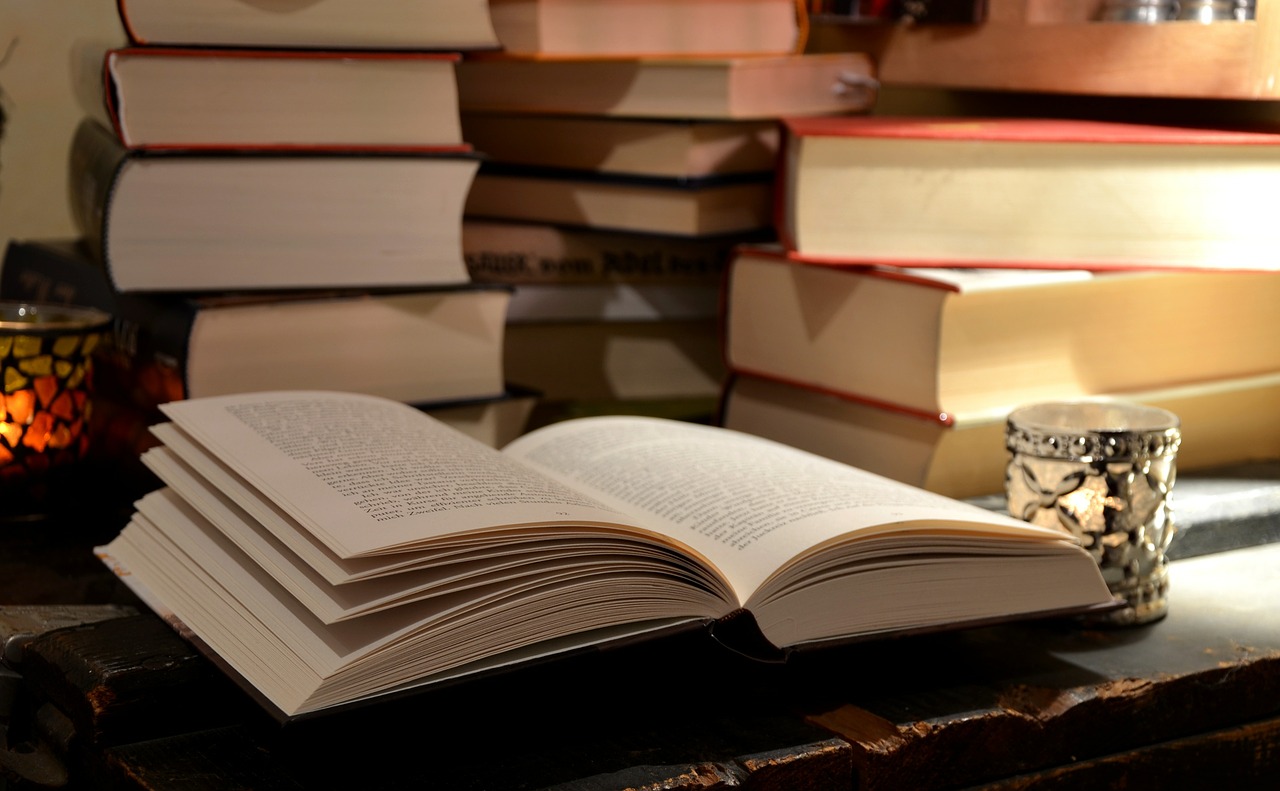
I love to read books; pencil in hand I underline points and passages that strike me as important, add margin notes, and often return to read significant portions over again. I do some reading online, but for me it’s no substitute for resting a book on my lap for hours.
I enjoy reading more than one book at a time; at the moment I’m roughly halfway through four non-fiction books, what I call books of “faction.”
“Dice World” by Brian Clegg explores the role of chance and randomness in daily life and how we are programmed to seek patterns, even to the point of making them up when there are none.
“Freedom and Culture” was published in 1959 and written by cultural anthropologist Dorothy Lee. Utilizing a humanist perspective, Lee questions the ways in which culture molds “codifications of reality,” comparing ideas, languages and behavior within various cultures to illustrate her points.
Physicist Leonard Susskind’s “The Black Hole War” recounts his twenty-year effort to understand and refute Stephen Hawking’s theory of information loss in black holes. Susskind, born to working class parents in Brooklyn, NY, is not only one of the world’s leading physicists but also an entertaining writer with a great sense of humor.
Rounding out the four is Akira Sadakata’s “Buddhist Cosmology – Philosophy and Origins”, an overview of the evolving Buddhist view of the cosmos and our relationship to it as human beings in our scientifically-oriented world.
In an interesting way, despite their differences in subject and style, these four books fall into occasional and unexpected points of resonance, which I guess is not surprising since I selected and chose to read them all. Nonetheless, I am often surprised at how the content between books mixes and recombines into ideas and connections that might otherwise not take place if I’d read them in succession instead of concurrently.
I don’t have a schedule but I do read every day; I open each book as the mood strikes. If Susskind’s physics of black holes gets too heady and tiresome, I’ll pick up Lee’s observations of life among the Hopi. I bounce back and forth between the four books, and when I’ve finished one, I’ll add another to my rotation. In this way I move my way through the amazing written wealth and richness of our world.
I’ve found the best way to find new books to read is to follow the lead of the authors I’m reading. When they refer to a particular work as being especially important to them, I heed their advice. Using this method I drill my way into the minds of the thinkers whose books I read; following the literary “trail of crumbs” in this way deepens my understanding of how and why each author has come to his or her conclusions and views.
Some of my Buddhist friends say I clearly have the need to exhaust conceptual mind; my wife often asks me “do you ever stop?” Ironically, the more I read, the more I realize how little I know. Susskind would say I have no chance to get ahead of entropy; the complexity of existence only increases. My ignorance is enormous; I don’t speak Greek, Latin or Sanskrit; my math skills are limited. It’s hopeless.
I’m running out of time and I’ve accepted the fact that I will never get to the end of my trail of crumbs, but my o’ my those little bits are so tasty.